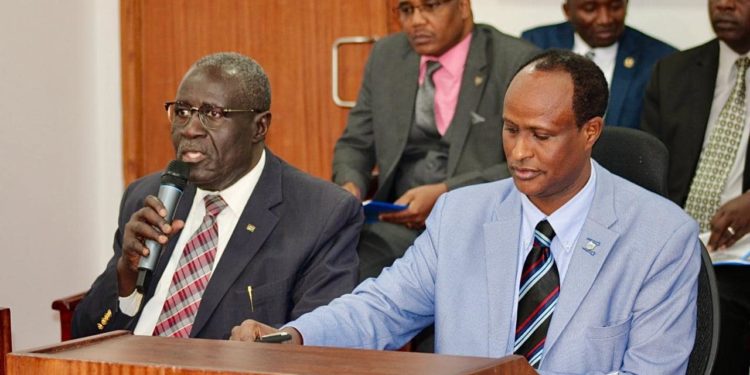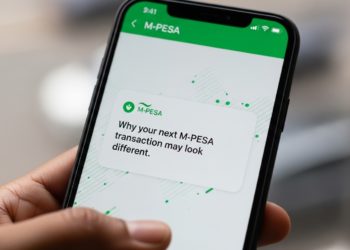Kenya’s Independent Policing Oversight Authority (IPOA) faced a barrage of questions from legislators yesterday, as concerns mount over the efficacy of police oversight in the country. The Constitutional Implementation Oversight Committee (CIOC) grilled IPOA officials on issues ranging from protest-related deaths to illegal home raids, exposing significant gaps in the authority’s ability to hold law enforcement accountable.
IPOA officials struggled to defend their record on police accountability, particularly in light of recent protests and alleged human rights violations. The committee, chaired by Hon. Gathoni Wamuchomba of Githunguri, expressed alarm over a wide array of policing issues, including the integrity of the police payroll and the harmonization of various police services.
At the forefront of the committee’s concerns were the 61 deaths recorded during the recent Gen Z protests. Hon. Wamuchomba pointedly asked, “You haven’t been able to arrest or convict those responsible for the abductions, deaths, and violations of human rights. What has IPOA done?”
IPOA’s response, citing limited resources with only nine regional offices to handle numerous cases, was met with skepticism from the legislators. Hon. Mwafrika challenged the authority’s effectiveness, questioning, “Isn’t your mandate to oversight police on behalf of the public? Why doesn’t IPOA seem to be hands-on with the recent atrocities happening in this country?”
The committee also raised serious concerns about reports of hooded police officers conducting illegal home raids. IPOA’s CEO admitted that such operations were not legal but cited difficulties in identifying officers involved in what they termed ‘Multi-Agency approach’ operations.
“These operations obscure the identities of the officers involved, making it challenging for us to take action,” the CEO stated. He expressed hope that a recent High Court ruling would put an end to such practices.
The integrity of the police payroll came under scrutiny as well, with Hon. Wamuchomba highlighting the infiltration by two companies that have left 6,860 officers in debt. IPOA, however, distanced itself from this issue, stating that payroll matters fall under the purview of the National Police Service Commission (NPSC).
In a proactive move, IPOA recommended the establishment of an independent forensics lab to prevent evidence tampering and ensure unbiased results. Dr. Ogon from IPOA elaborated, “This recommendation has received support from the National Taskforce on Police Reforms led by former Chief Justice David Maraga. The lab would operate independently from IPOA to maintain credibility.”
The dire state of police housing also featured in the discussions. Hon. Jackson described the living conditions of police officers as “pathetic,” emphasizing the urgent need for improvement.
Despite IPOA’s explanations and recommendations, committee members remained unsatisfied with the authority’s perceived lack of proactivity and accountability. Hon. Wamuchomba’s closing question encapsulated the committee’s frustration: “Is IPOA toothless, powerless? Are you not able to solve this?”
The session concluded with the committee expressing expectations for IPOA to enhance its efforts in holding the police accountable and ensuring public protection. This grilling by the CIOC has brought to light the significant challenges facing police oversight in Kenya, raising questions about the effectiveness of current mechanisms to ensure law enforcement accountability.


















